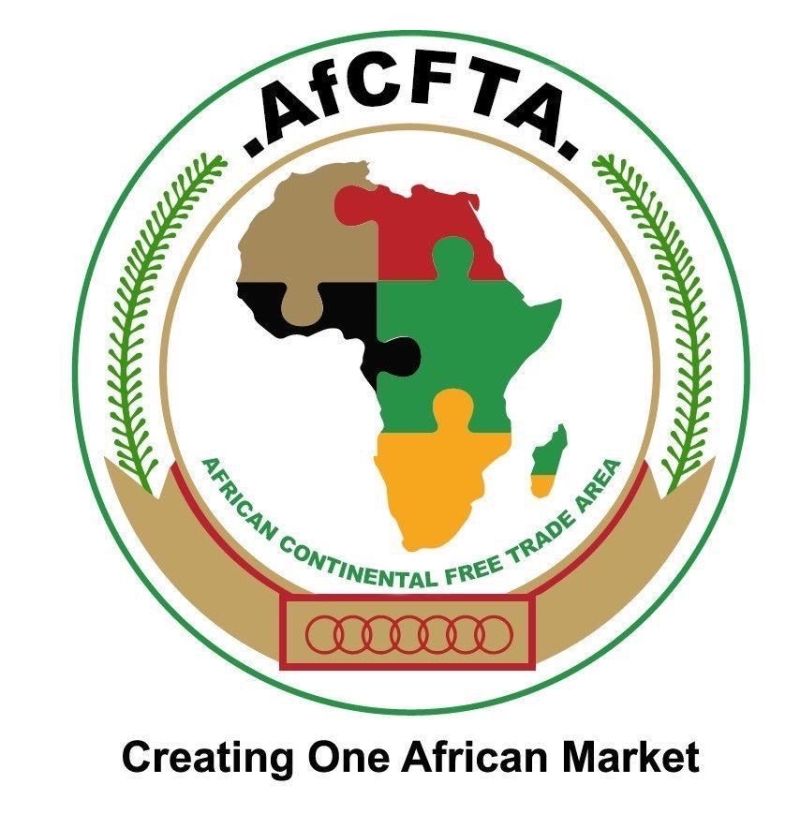
The fifth edition of Elec Expo Afrique opened on Tuesday, July 1, at Dakar’s Grand Théâtre National, uniting African energy leaders in a renewed call for continental integration, renewable solutions, and accelerated implementation of the African Continental Free Trade Area (AfCFTA).
Organized by the African Confederation of Electricity, Renewable Energy, and Energy Efficiency (Cafelec), the biennial trade fair brings together 80 exhibitors from 20 African countries and anticipates more than 2,000 professional participants—including engineers, investors, policy-makers, and researchers—over its three-day run.
With the theme “Africa in the era of AfCFTA and energy integration: opportunities and challenges,” this year’s edition underscores the continent’s ambitions for a unified energy future amid persistent access disparities.
Ali El Harti, President of Cafelec, set the tone in his keynote address by drawing attention to Africa’s electricity access gap. “A German citizen consumes an average of 6,000 kWh per year, compared to only 500 for an African. This imbalance is unacceptable.
Electricity is the foundation of all future development,” he declared. He closed his remarks with the Wolof proverb: “Nit nitay garabam” (Man is man’s remedy), met with resounding applause.
Representing Morocco, Secretary of State for Foreign Trade Omar Hejira affirmed his country’s readiness to expand renewable energy and rural electrification partnerships across Africa. “Energy is a component of national sovereignty.
Africa has the assets to ensure its self-sufficiency and even export its surplus,” he said, advocating for the removal of trade barriers and the harmonization of technical standards under the AfCFTA.
Senegal’s Secretary of State Ibrahima Thiam reinforced the centrality of energy in national industrialization plans. “Energy is not just a factor of production; it is the engine of industrial transformation.
Our solar and wind resources must be fully exploited,” he noted, highlighting his recent visit to Morocco as a catalyst for deepened bilateral cooperation.
Mor Kassé, Vice President of Cafelec, stressed the importance of scaling local industry and talent.
“We need to create economies of scale, make electricity accessible and affordable, and build a pan-African energy industry,” he urged, calling for targeted tax incentives and broader inclusion of African youth in strategic energy projects.
Oumy Khairy Diao Diop, Senegal’s Permanent Secretary for Energy, reported notable progress in national electrification efforts, with 84% access in urban areas and 65% in rural zones.
Acknowledging the continued high production costs, she reaffirmed President Bassirou Diomaye Faye’s commitment to reaching 40% renewable energy in Senegal’s overall energy mix.
Designed as a collaborative platform, Elec Expo Afrique 2025 features conferences, technical demonstrations, and B2B sessions, aiming to consolidate Africa’s energy sovereignty and foster a unified, resilient energy landscape for the future.



